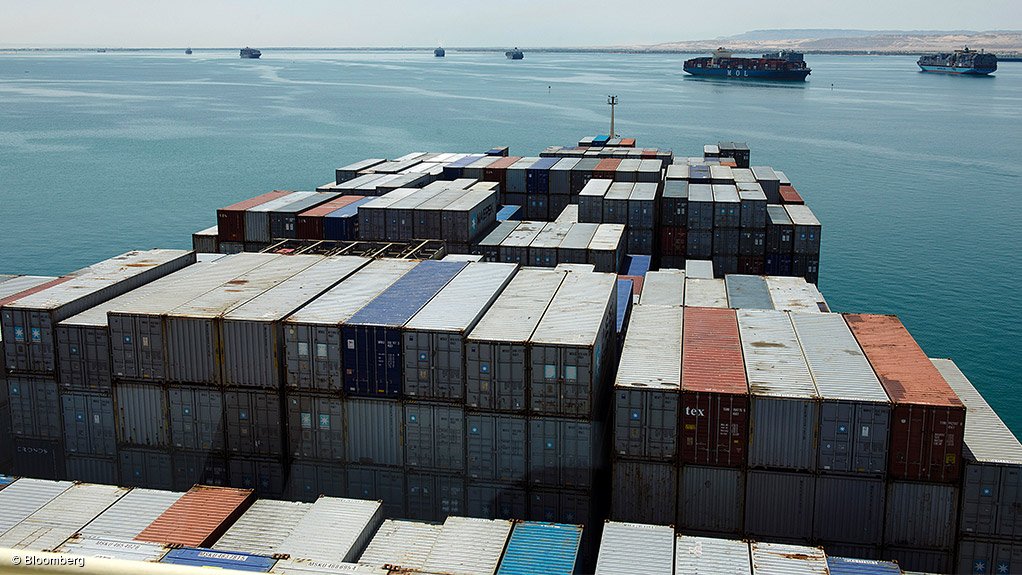The financial impact of ineffective procurement in Africa, calculated as value leakage, is estimated at a “staggering” $31.5-billion for the continent and $24.9-billion for sub-Saharan Africa, a recent report by professional services firm KPMG has revealed.
Although the firm believed that the role of procurement in an organisation was becoming increasingly strategic, 73% of C-level executives polled during KPMG’s ‘Power of Procurement 2.0 Survey’ did not believe that procurement added real value.
KPMG associate director and regional country leader for supply chain and procurement practices Dinesh Kumar said inefficient procurement practices posed a significant threat, as companies appeared still to be focused on traditional cost-optimisation initiatives, rather than value-add.
“Procurement professionals must start to view the business within which they procure as a broader cost driver for the company.
“There are six key business challenges that can impact [on] procurement, but can also be aided if procurement is done correctly. These [are] cost management, compliance, transparency, efficiency, global integration and people,” he commented.
Kumar suggested that procurement organisations in Africa were struggling with basic issues on the delivery front, such as the low use of technology, inadequate skills and noncompliance.
“These issues are more evident in the public sector, though they still exist to different degrees in the private sector,” he noted.
While procurement technologies had evolved significantly in the last 20 years, a lack of executive support and insufficient training were major drivers of the resistance by African organisations to adopt technology and achieve operational efficiency.
“For instance, 56% of organisations do not use tracking tools and some 66% do not track supplier performance,” he pointed out.
This was further compounded by the lack of appropriate procurement skills in Africa.
Key skills, such as analytics, were not adequately incorporated in educational programmes and 51% of organisations believed their lack of qualified personnel posed a moderate to severe risk.
“One of the reasons for this is that procurement is not seen as the career of choice,” Kumar asserted, adding that noncompliance had also contributed to procurement-related value leakage on the continent.
Responding to Africa’s procurement concerns, KPMG launched the African Procurement Centre of Excellence aimed at fostering global collaboration and enabling practical knowledge-sharing within the field of procurement.
“For today’s procurement functions, a single-minded focus on reducing input costs is not enough and evidence shows that investing in mature procurement facilities really pays off in terms of top-line growth,” noted Kumar.
EMAIL THIS ARTICLE SAVE THIS ARTICLE
To subscribe email subscriptions@creamermedia.co.za or click here
To advertise email advertising@creamermedia.co.za or click here











